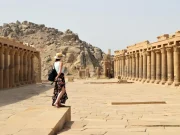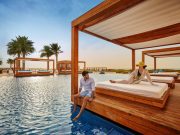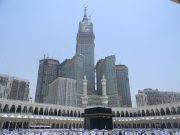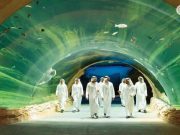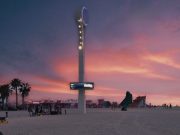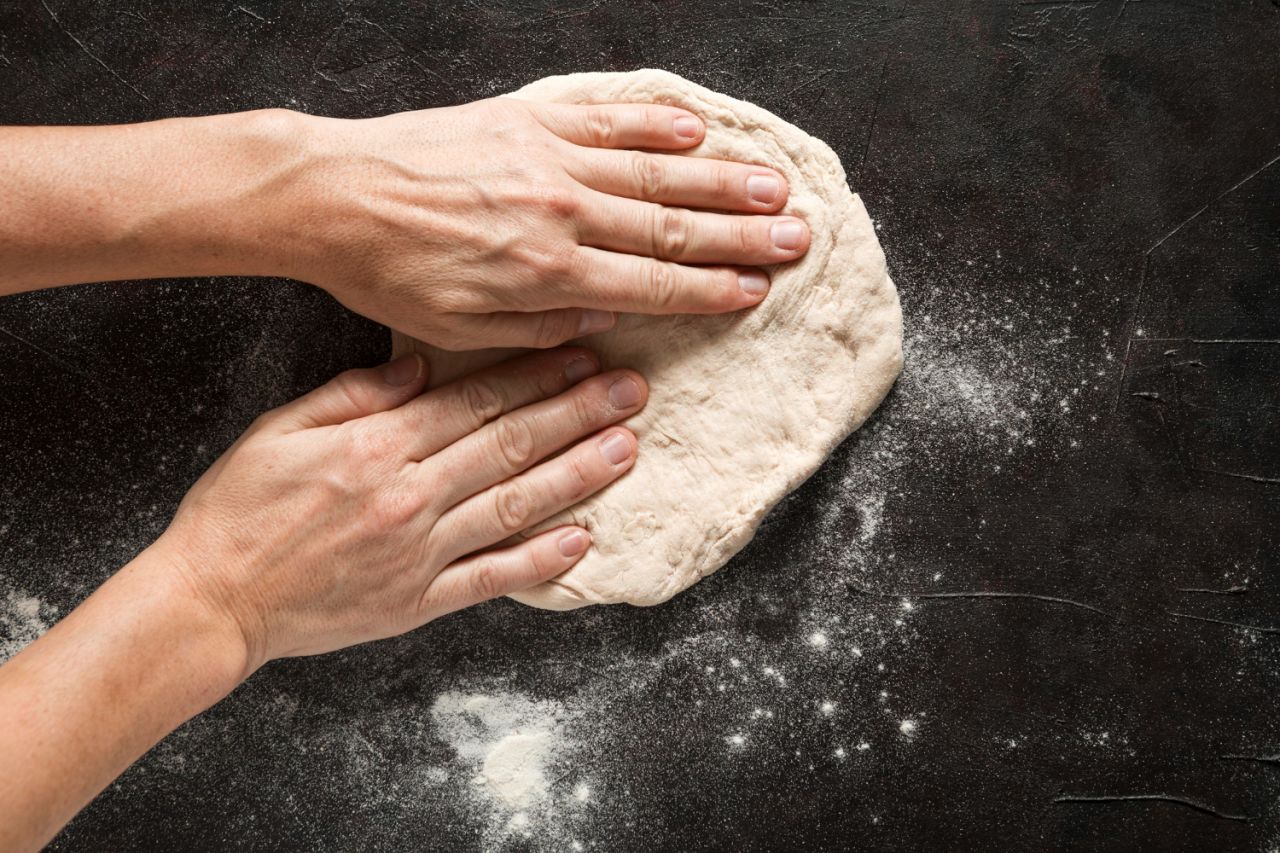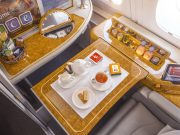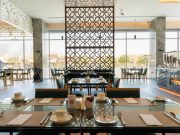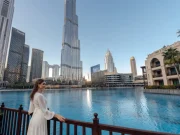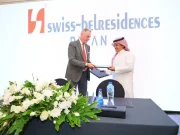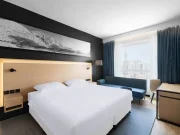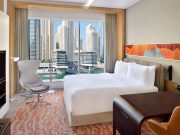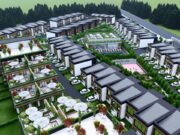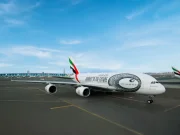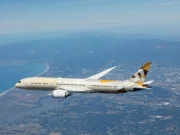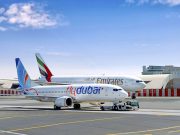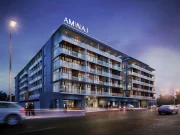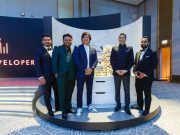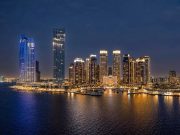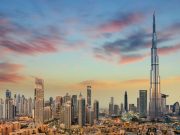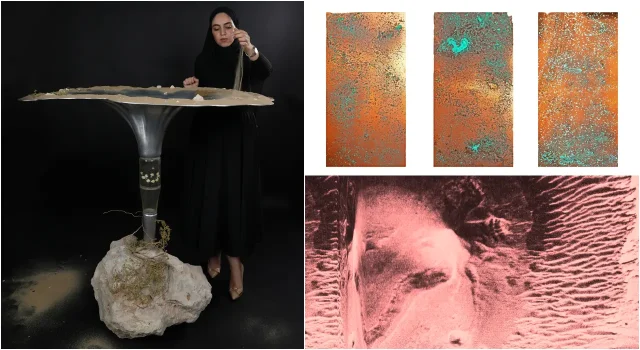Qatar Museums announced today its inaugural Qatar Pavilion at the 15th edition of the Gwangju Biennale, the oldest contemporary art biennale in South Korea.
The first and only Arab country to have a standalone pavilion at the 2024 Gwangju Biennale, the Qatar Pavilion is curated by the National Museum of Qatar.
For its debut, the Qatar Pavilion will present the exhibition, Knock, Rain, Knock, exploring the significance of rain in Qatari culture and premiering newly commissioned artworks from seven Qatari and Qatar-based artists: Abdulrahman Al Muftah, Farah Al Sidiky, Fatima Abbas, Guillaume Rouseré, Hind Al Saad, Nada Elkharashi, and Sara Al Naimi. The Qatar Pavilion will be open to the public from 7 September until 1 December 2024 at Kwangju Bank Art Hall.
Salat al istisqaa’ a prayer performed to call for rain during droughts, forms the central theme of the exhibition. The artworks also delve into Arab and Islamic identity, water symbolism, and communal experiences within public spaces.
Sheikh Abdulaziz H. Al Thani, Director of the National Museum of Qatar, said, “The National Museum of Qatar is dedicated to preserving the heritage of our nation and making it a part of contemporary life. In these remarkable artworks, we see how a very deep aspect of our Islamic and traditional identity can inspire artistic interpretations that encourage us to strengthen our connection with the earth. We feel honoured to have been able to commission these works for the Gwangju Biennale, where the Qatar Pavilion will now put our culture into conversation with the entire art world.”
Knock, Rain, Knock is structured into distinct chapters, each highlighting the profound impact of rain on life in Qatar. The exhibition begins with “landscape”, a section offering reflections on the country’s diverse terrain. Fatima Abbas’s glimpse of rain / لمحة غيث, a diptych depicting a year with rain and a year with drought and Farah Al Sidiky’s Place of Abandon, a two-channel video installation examines the narratives around places and spaces characterised as “deserts”.
“to pray” focuses on the ritual of salat al istisqaa, performed in supplication to seek rain during droughts. In this section, Hind Al Saad will present an artwork titled so they rejoice, a kinetic machine installation that uses a religious text about the blessing of rain as the machine’s core and Sara Al Naimi’s Al Istigatha will present a triptych of woodblock prints on linen using words from a poem of the late revered poet of Nabati poetry, Mohsen bin Osman Al-Hazani.
“to receive” looks at rain as a blessing and a symbol of mercy in Islam, emphasising the preciousness of each drop in Qatar, where annual rainfall is minimal. Guillaume Rouseré’s After the Rain, the sole work in this section, is an immersive multi-sensory installation inviting visitors to experience and connect with Qatar’s landscape in the serene aftermath of rain.
Lastly, “to bear” considers how the earth bears the fruits of rain’s blessings and reflects on our responsibilities as custodians of the earth. Abdulrahman Al Muftah’s Rain on Materiality, consisting of three large patinated copper sheets, inspired by metal billboard structures found across the country and Nada Elkharashi’s Al-Fag’a Oasis installation and video work, inspired by the desert truffle, or faga’a, looks at the journey of collecting rainwater in the desert.
The Qatar Pavilion is part of the Gwangju Biennale Pavilion, presented in parallel with the main exhibition of the 15th Gwangju Biennale Pansori, a soundscape of the 21st century curated by Artistic Director Nicolas Bourriaud. The main exhibition explores sound, visual narrative, and the mapping of the complex contemporary world. The Gwangju Biennale, known for its exploration of global issues, provides an ideal backdrop for the Qatari Pavilion’s inaugural participation, which is a significant step forward in the ongoing partnership between Qatar and South Korea.
- U by Emaar Unveils New Brand Identity and Exclusive Member Benefits - September 17, 2024
- Dubai to Host Inaugural Aviation Future Week at the Museum of the Future - September 17, 2024
- Smart Cities: Middle East’s Vision for a Sustainable Future - September 10, 2024


